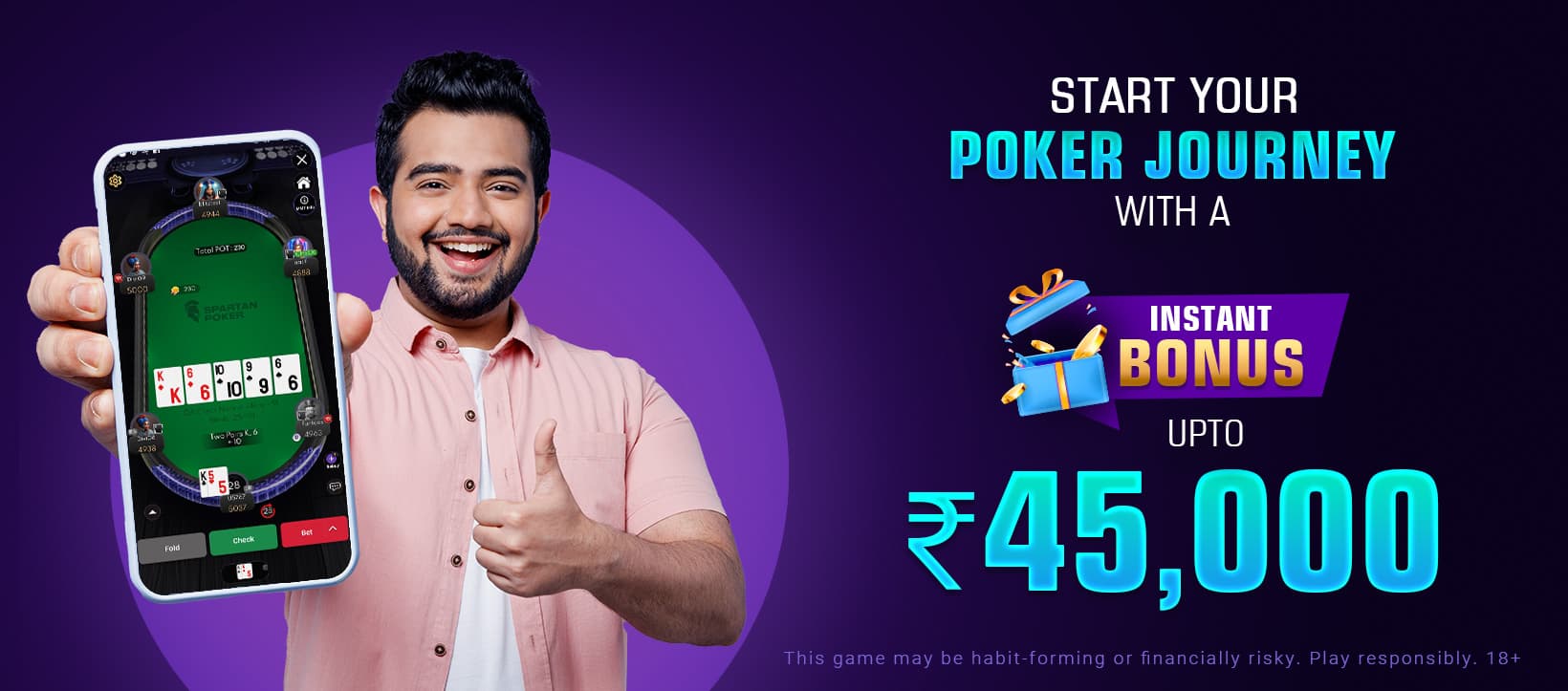Poker, a game of skill, strategy, often brings various terms and phrases unique to its world. One such term that players frequently encounter is "card dead." This phrase can be a bit perplexing for newcomers, but understanding it is essential for anyone looking to improve their poker game. So, what does "card dead" mean in poker?
Let's delve into this term, explore its implications, and discuss how players can manage their game when faced with the dead card situation.
Defining "Card Dead"
In poker, being "card dead" refers to a streak where a player consistently receives weak or unplayable hands over a series of deals.
During these periods, it seems as if the deck is conspiring against you, offering no opportunities to make significant moves. This term can be particularly frustrating because poker is a game that requires action, and being card dead can make it difficult to participate effectively.
Recognizing When You're Card Dead
Recognizing when you are card dead is the first step in managing it. Here are some signs that you might be in a card dead phase:
1. Consistently Weak Hands:
If you keep getting dealt hands like 7-2 off suit, 8-3, or other combinations that are statistically weak, you are likely card dead.
2. Lack of Playable Hands:
Even if you receive hands that aren't the absolute worst, if they aren't strong enough to play confidently in your position or against your opponents, you might feel card dead.
3. Infrequent Involvement in Pots:
If you find yourself folding most of the time and rarely getting involved in pots, this is a sign of being card dead.
The Psychological Impact
Being card dead can be psychologically taxing. Poker is a game of patience, but extended periods of receiving poor hands can test even the most disciplined players.
It can lead to frustration, impatience, and sometimes even tilt—a state of emotional frustration that leads to poor decision-making. Managing these emotions is crucial to avoid compounding your problems with suboptimal plays.
Strategies for Dealing with Being Card Dead in Poker
While being card dead is often a matter of luck, how you handle it can significantly impact your overall performance. Here are some strategies to consider:
1. Patience is Key
The most important aspect of dealing with a card dead streak is maintaining patience. Poker is a long-term game, and variance—both good and bad—is part of the experience. Understand that your luck will eventually change, and making rash decisions can worsen your situation.
2. Focus on Position
When you are card dead, pay extra attention to your position at the table. Playing from late position can offer more opportunities to steal blinds and antes, even with marginal hands. Conversely, avoid getting involved in early positions with weak hands, as you have less information about your opponents' actions.
3. Tighten Your Range
During a card dead period, it's often wise to tighten your range and play even more conservatively than usual. This approach reduces the risk of losing chips with subpar hands. Wait for better opportunities to arise and resist the temptation to force action with weak cards.
4. Bluff Selectively
While generally tightening your range, selectively incorporating bluffs can be effective, especially if you have established a tight table image. Bluffing in the right situations can help you stay active and potentially win pots without the need for strong hands. However, this should be done cautiously and sparingly to avoid getting caught.
5. Use the Time to Observe
Being card dead gives you a unique opportunity to closely observe your opponents' playing styles and tendencies. Take notes on how they play different hands, their betting patterns, and any tells they might have. This information can be invaluable when your cards improve.
6. Stay Positive and Composed
Maintaining a positive mindset and composure is essential. Remember that poker is a game of ups and downs. Staying calm and collected during a card dead phase will help you make better decisions and prepare you to take advantage of good hands when they come.
The Long-Term Perspective
It's important to remember that poker is a game of long-term results. Short-term variance can be frustrating, but over time, skill and strategy tend to prevail. Understanding this can help you stay focused and motivated, even during challenging periods.
Examples of Famous Players Handling Card Dead Streaks
Many professional poker players have shared their experiences with being card dead and how they handle such situations. Here are a few insights from the pros:
1. Daniel Negreanu
Daniel Negreanu, one of the most recognizable faces in poker, emphasizes the importance of patience and emotional control.
He advises players to remain patient and avoid letting frustration lead to poor decisions. Negreanu also highlights the importance of maintaining a positive mindset and using card dead periods to gather information on opponents.
2. Phil Hellmuth
Phil Hellmuth, known for his emotional reactions, has often spoken about the challenges of staying composed during card dead streaks. Despite his reputation for outbursts, Hellmuth acknowledges that keeping emotions in check is crucial.
He recommends players focus on the long-term nature of the game and remember that good hands will eventually come.
3. Jennifer Harman
Jennifer Harman, a highly respected poker pro, stresses the importance of discipline. She advises players to stick to their game plan and avoid deviating from their strategy due to frustration. Harman also emphasizes the value of observing opponents and staying patient.
Conclusion
Being card dead is an inevitable part of playing poker. While it can be frustrating, understanding the meaning of card dead and learning how to manage it can help you navigate these challenging periods.
By staying patient, focusing on position, tightening your range, selectively bluffing, observing opponents, and maintaining a positive mindset, you can minimize the impact of card dead streaks on your game.
Remember, poker is a marathon, not a sprint. Short-term variance will always be a factor, but with the right approach and mindset, you can weather the storms and come out ahead in the long run.
Stay patient, stay composed, and keep improving your game. The cards will eventually turn in your favor.








